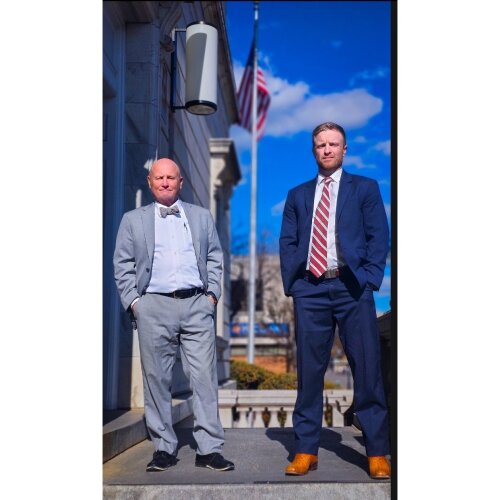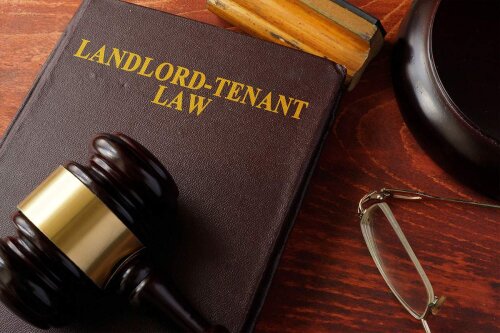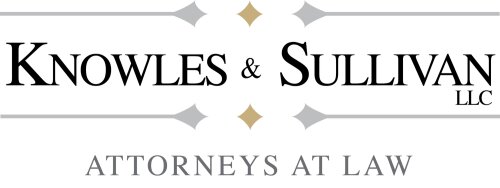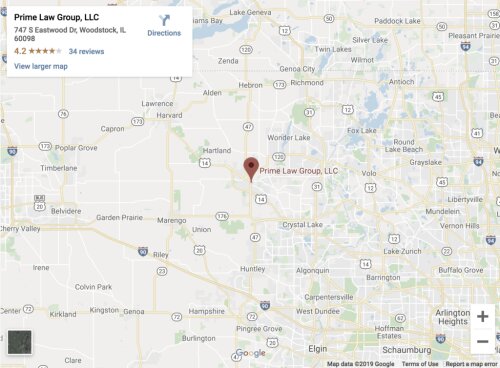Best Brokerage Lawyers in Alabama
Share your needs with us, get contacted by law firms.
Free. Takes 2 min.
Free Guide to Hiring a Real Estate Lawyer
Or refine your search by selecting a city:
List of the best lawyers in Alabama, United States
About Brokerage Law in Alabama, United States
Brokerage in Alabama refers to the services provided by an intermediary or broker who facilitates transactions between parties, such as buyers and sellers, landlords and tenants, or investors and companies. The most common types include real estate brokers, business brokers, and securities brokers. These professionals are regulated by state and federal laws to ensure fair and transparent dealings. Brokerage law in Alabama governs licensing, fiduciary duties, commissions, contracts, disclosures, and dispute resolution between brokers and clients.
Why You May Need a Lawyer
There are several situations in brokerage transactions where the advice and representation of a lawyer can be crucial. Some common scenarios include:
- Reviewing or drafting brokerage agreements or contracts to ensure your best interests are protected
- Resolving disputes over commissions, services, or duties of care
- Addressing complaints of broker misconduct, fraud, or breach of fiduciary duty
- Navigating complex transactions involving multiple parties or significant assets
- Handling administrative actions or disciplinary proceedings before regulatory bodies
- Ensuring compliance with state licensing laws and ethical standards
- Assisting with securities transactions subject to both state and federal oversight
- Explaining your rights and obligations as a client or broker
Local Laws Overview
Brokerage in Alabama is regulated by a combination of state statutes, administrative regulations, and local ordinances. Key aspects include:
- Licensing: Real estate and securities brokers must be licensed by the Alabama Real Estate Commission or the Alabama Securities Commission. Licensing requires education, examination, and adherence to ethical standards.
- Duties and Disclosures: Brokers owe fiduciary duties to clients, including loyalty, confidentiality, and full disclosure of material facts. All commissions and fees must be transparently disclosed in writing.
- Brokerage Agreements: Alabama law requires written agreements specifying the scope of services, duration, and compensation. Oral agreements may not be enforceable.
- Commissions: Brokers cannot collect a commission unless they are properly licensed and there is a valid written agreement.
- Dispute Resolution: Disputes may be resolved through negotiation, mediation, arbitration, or litigation. Complaints of ethical breaches or unlicensed activity can lead to administrative proceedings.
Frequently Asked Questions
What types of brokers are regulated in Alabama?
Alabama regulates real estate brokers, securities brokers, and business brokers. Each has specific licensing and regulatory requirements governed by the appropriate commission.
Do I need a written contract with my broker?
Yes. Alabama law generally requires brokerage agreements to be in writing, outlining key terms such as services, duration, compensation, and dispute resolution mechanisms.
Can a broker represent both the buyer and seller in a transaction?
Yes, but Alabama law requires the broker to fully disclose dual agency to both parties and obtain their informed consent in writing. This is to prevent conflicts of interest.
What are the main duties a broker owes to a client?
A broker owes clients duties of loyalty, disclosure, confidentiality, obedience, reasonable care, and accounting for funds or property in the broker’s possession.
How can I file a complaint against a broker in Alabama?
You may file a complaint with the appropriate regulatory body, such as the Alabama Real Estate Commission or the Alabama Securities Commission, depending on the broker's field.
What happens if a broker is unlicensed?
Unlicensed brokerage activity is illegal in Alabama and may result in administrative penalties, fines, and the inability to enforce commission claims. Criminal penalties may also apply.
Are broker commissions negotiable?
Yes, commissions are negotiable. There is no standard commission rate in Alabama. All agreements regarding commissions must be clearly outlined in writing.
Do brokers need to disclose conflicts of interest?
Absolutely. Brokers must disclose any potential or actual conflicts of interest to all parties involved in a transaction to maintain transparency and trust.
What is the legal process if I have a dispute with my broker?
Disputes can be resolved through informal negotiation, mediation, arbitration, or litigation. Many brokerage agreements include clauses specifying how disputes will be handled.
Can brokers be held liable for providing false or misleading information?
Yes. Brokers who provide false or misleading information, or who fail to disclose material facts, may be liable for damages and face disciplinary action or license suspension.
Additional Resources
If you need more information or wish to seek assistance regarding brokerage matters in Alabama, consider the following resources:
- Alabama Real Estate Commission: Regulates real estate brokers and provides licensing information, complaint procedures, and consumer resources.
- Alabama Securities Commission: Oversees securities brokers, licensing, and enforcement of state securities laws.
- Alabama State Bar Association: Offers lawyer referral services and legal resources for consumers.
- Better Business Bureau: Provides reviews and complaint resolution for brokerage and related services.
- Local Mediation Centers: Help in resolving brokerage disputes through alternative dispute resolution mechanisms.
Next Steps
If you need legal assistance with a brokerage issue in Alabama, take the following steps:
- Gather all relevant documents, such as contracts, emails, payment records, and correspondence with the broker.
- Make a detailed list of your questions, concerns, and desired outcomes related to the brokerage matter.
- Contact a qualified attorney who specializes in brokerage, real estate, or securities law in Alabama for an initial consultation.
- If you are facing an urgent issue or potential regulatory violation, consider reaching out directly to the relevant state commission for guidance.
- Discuss your legal options, potential timelines, costs, and strategies with your lawyer before taking further action.
Lawzana helps you find the best lawyers and law firms in Alabama through a curated and pre-screened list of qualified legal professionals. Our platform offers rankings and detailed profiles of attorneys and law firms, allowing you to compare based on practice areas, including Brokerage, experience, and client feedback.
Each profile includes a description of the firm's areas of practice, client reviews, team members and partners, year of establishment, spoken languages, office locations, contact information, social media presence, and any published articles or resources. Most firms on our platform speak English and are experienced in both local and international legal matters.
Get a quote from top-rated law firms in Alabama, United States — quickly, securely, and without unnecessary hassle.
Disclaimer:
The information provided on this page is for general informational purposes only and does not constitute legal advice. While we strive to ensure the accuracy and relevance of the content, legal information may change over time, and interpretations of the law can vary. You should always consult with a qualified legal professional for advice specific to your situation.
We disclaim all liability for actions taken or not taken based on the content of this page. If you believe any information is incorrect or outdated, please contact us, and we will review and update it where appropriate.
Browse brokerage law firms by city in Alabama
Refine your search by selecting a city.














